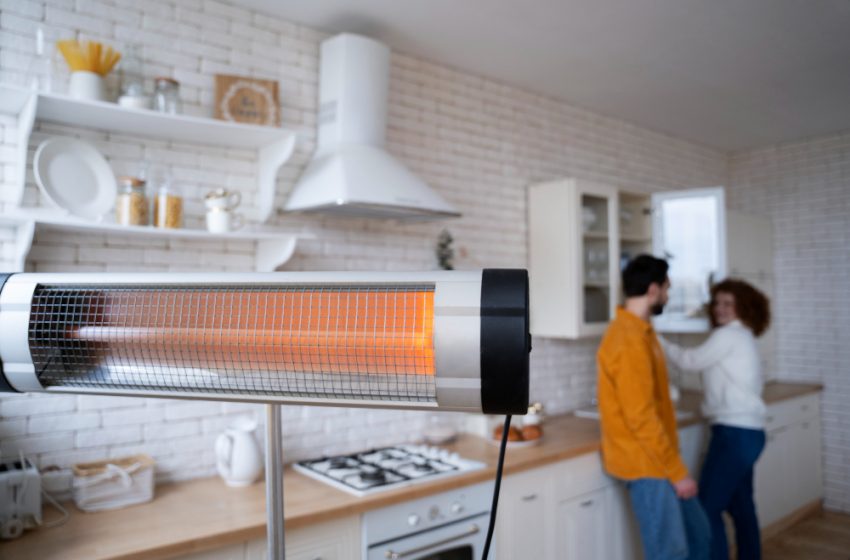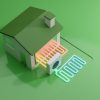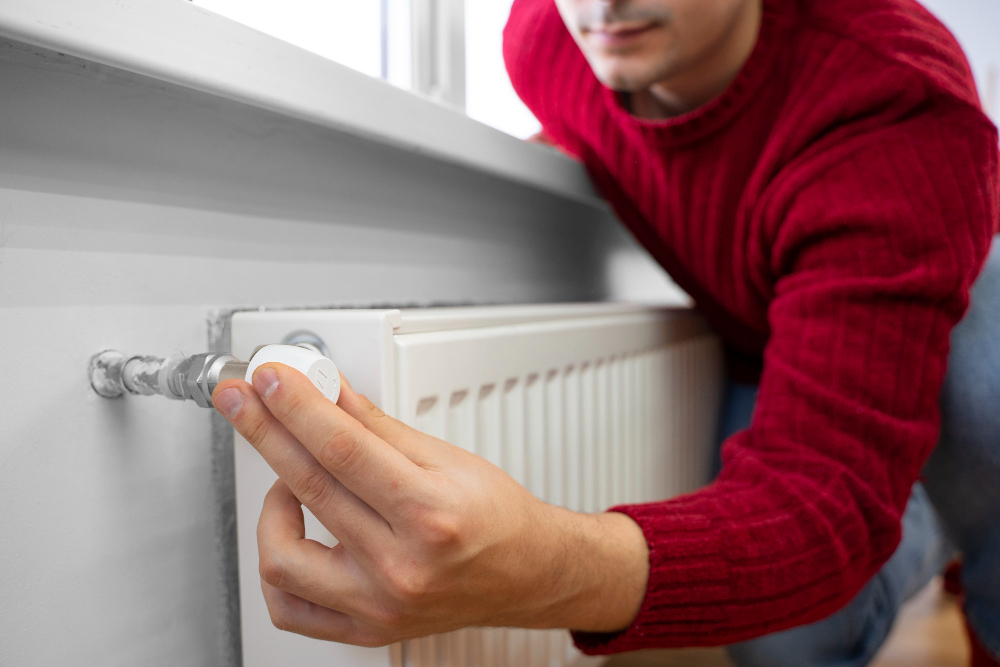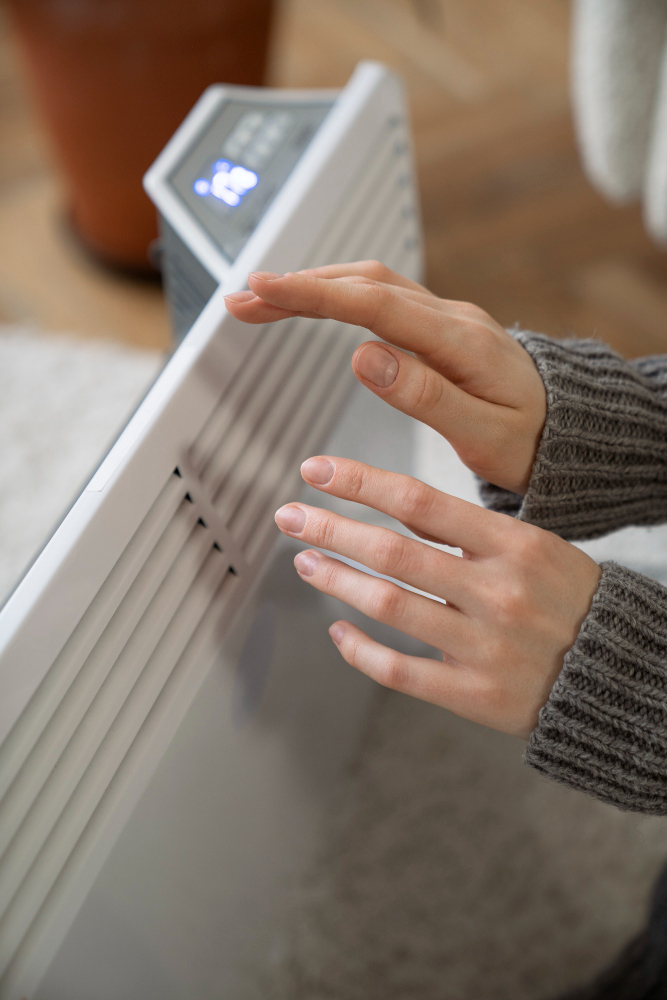How to Prevent Heating Emergencies This Winter

Winter is the time when your heating system works its hardest to keep your home warm and cozy. However, the increased demand can sometimes lead to unexpected breakdowns, leaving you in the cold. The good news is that many heating emergencies are preventable with proper care and maintenance. Follow these tips to ensure your heating system runs smoothly throughout the winter months.
1. Schedule Professional Maintenance
A professional inspection and tune-up before winter begins is one of the best ways to prevent heating emergencies. During a maintenance visit, a technician will:
- Inspect and clean critical components like the burner, heat exchanger, and blower.
- Check for wear and tear on parts.
- Ensure your system is operating efficiently and safely.
This proactive approach helps identify potential problems before they turn into costly repairs.
2. Change Air Filters Regularly
Dirty air filters can restrict airflow, causing your heating system to overwork and potentially overheat. Replace or clean filters every 1-3 months during peak usage to keep your system running efficiently.
3. Inspect and Seal Ductwork
Leaky or poorly insulated ducts can force your heating system to work harder to maintain the desired temperature. Check your ductwork for:
- Visible cracks or gaps.
- Loose connections at joints.
- Insufficient insulation.
Seal any leaks with foil tape or mastic sealant and add insulation where needed to improve efficiency.
4. Test Your Thermostat
A malfunctioning thermostat can lead to uneven heating or cause your system to run unnecessarily. Test your thermostat by:
- Ensuring it’s properly calibrated.
- Checking the batteries if it’s battery-operated.
- Upgrading to a programmable or smart thermostat for better control and efficiency.
5. Keep the Area Around the Furnace Clear
Clutter around your furnace can reduce airflow and increase the risk of overheating. Ensure at least three feet of clear space around the unit and avoid storing flammable items nearby.
6. Monitor for Unusual Signs
Pay attention to early warning signs that something may be wrong, such as:
- Unusual noises like banging, whistling, or rattling.
- Uneven heating or cold spots in your home.
- A sudden spike in energy bills.
If you notice these issues, call a professional to address them before they escalate into a full-blown emergency.
7. Keep Vents and Registers Clear
Blocked vents and registers can disrupt airflow and strain your heating system. Ensure furniture, rugs, or curtains aren’t obstructing them. Regularly vacuum vents to prevent dust buildup.
8. Inspect Your Carbon Monoxide Detectors
If you use a gas furnace, carbon monoxide leaks are a serious risk. Test your carbon monoxide detectors and replace the batteries regularly. If you don’t have detectors, install them near sleeping areas and the furnace.
9. Prepare for Power Outages
Extreme winter weather can sometimes lead to power outages. To stay prepared:
- Invest in a backup generator to keep your heating system running.
- Have blankets, portable heaters, and other emergency supplies on hand.
10. Know When to Call a Professional
While some maintenance tasks can be handled yourself, certain issues require expert attention. Don’t hesitate to call a licensed technician if:
- Your system isn’t heating your home effectively.
- There’s a strange odor, like burning or gas.
- The pilot light won’t stay lit.
Final Thoughts
Preventing heating emergencies this winter is all about preparation and vigilance. Regular maintenance, timely repairs, and mindful operation can ensure your heating system performs reliably when you need it most. By following these tips, you’ll enjoy a warm, stress-free winter while avoiding costly and inconvenient breakdowns.



